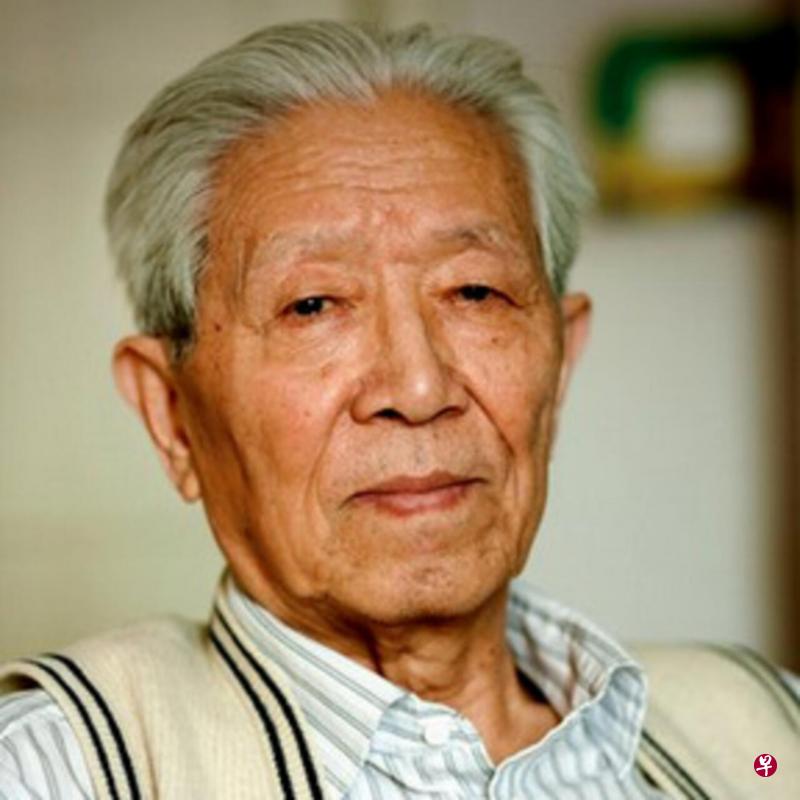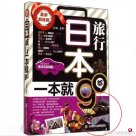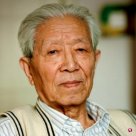
(Beijing Comprehensive News) Jiang Yanyong, a retired military doctor, died at the age of 91 on March 11.
Comprehensive Sing Tao Daily and South China Morning Post quoted sources reported that Jiang Yanyong had died of illness in the PLA General Hospital (also known as the "301 Hospital") in the afternoon of Saturday (March 11) in the afternoon of Saturday (March 11).Essence
The information has also been confirmed by many Chinese media people such as Wang Zhi'an, a celebrity of the Internet.The Chinese media did not report this news, but many netizens spontaneously expressed their condolences on the Internet.
The Shats epidemic broke out in China in 2003. At the press conference on April 3, the then Chinese Minister of Health Zhang Wenkang said that there were only 12 cases in Beijing.
It is reported that Jiang Yanyong believes that the information is inaccurate and hand over the information to CCTV International Channel and Phoenix Satellite TV, but it has not been accepted.After that, he exposed the number of patients and the actual epidemic through the American Media Times Magazine, which aroused the attention of public opinion.After the World Health Organization (WHO) experts went to China to investigate the epidemic, they found that the number of cases was basically in line with the information held by Jiang Yanyong.
The central government of the Chinese central government subsequently involved in epidemic prevention. Zhang Wenkang and Meng Xuenong, who was then the mayor of Beijing, was removed from office.
When interviewing in mainland China in 2004, Jiang Yanyong said that he disclosed the truth of the epidemic because "I must persist in telling the truth. It is the easiest to speak and talk about it, but I must never speak fake words."Essence
Jiang Yanyong was born in Hangzhou, Zhejiang in October 1931, and served as the director of the Department of Surgery of the General Hospital of the PLA.In the Incident Incident, he won the reputation of "conscience military doctors" and "Chinese conscience", and was included in the anti -Sasher hero list by the Chinese Women's Daily hosted by the National Women's Federation.In 2004, he won the Ramon Magsaysay Award, which is known as the "Asian Nobel Prize".



